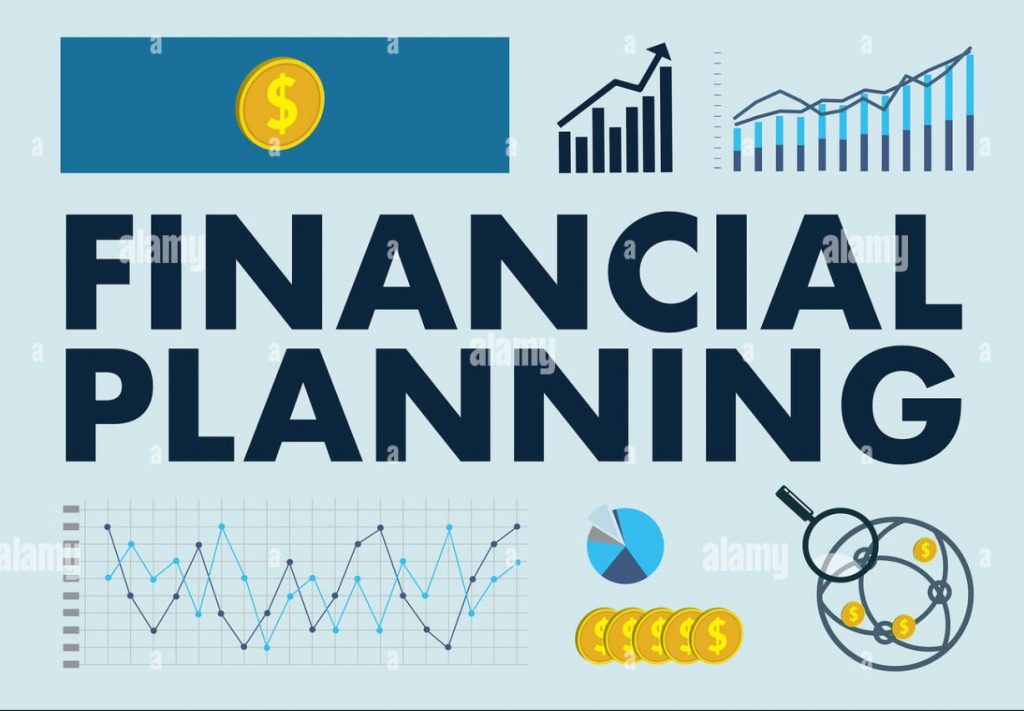Financial Planning for Retirement: The Best Ways to Avoid Running Out of Money in Retirement

Retirement can be a time of rest and relaxation, but for many Americans, it’s a time of worry and stress. With the costs of living rising and the pandemic affecting many people’s ability to save, more and more Americans are wondering if they’ll have enough money to last through their golden years.
But there are steps you can take to avoid running out of money in retirement. First, it’s important to have a clear understanding of your expenses. Make sure your spending plan includes room for inflation and unexpected health care costs. Second, start saving as early as possible. The sooner you start setting aside money for retirement, the better off you’ll be. Finally, consider working part-time during retirement. This can help supplement your income and give you extra cash to cover your expenses. By following these steps, you can help ensure that you’ll have enough money to enjoy your retirement years.
Start Planning Now
Although we can’t know exactly how long we will live or what our future health status looks like, there are some steps we can take now to set ourselves up for a more comfortable retirement. Unfortunately, many people wait until they are about to retire before they start taking their retirement planning seriously. But if you want to enjoy your golden years instead of worrying about money, it’s best to start evaluating your numbers decades before you actually retire.
Start by figuring out when you want to retire and estimating your expenses. Then calculate how much income you’ll need in order to maintain your current lifestyle and see how much you have already saved for retirement. This information will help give you a better idea of whether or not you’re on track with your savings goals.
Wenzel says that in order to have a better comprehension of how much you will contribute to your retirement income goals, you should evaluate your estimated Social Security payments. Also, it’s crucial to remember that those estimates will fluctuate when you actually start collecting Social Security benefits. “If you’re hoping to retire around your mid-60s,” Wenzel explains, “you need to plan as if you’ll live into your 80s or 90s – especially for women.”
Save As Much As You Can
The more quickly you start saving money, the more money you will have in savings. If you wait to save until later in life, you will need to set aside a larger percentage of your income to meet your financial goals. Therefore, it is always beneficial to start saving as early as possible. Many experts suggest setting aside 10% to 15% of your total salary for savings, including any employer contributions. However, regardless of the amount contributed monthly, saving earlier on will provide greater benefit down the road.
Invest The Money You Save
But it doesn’t end there. Don’t forget to put the money you save to good use. Combined interest can work wonders for your money. When you start investing, your funds will grow as quickly as if they were saved. Make sure you’re depositing your savings in a tax-free retirement account such as an employer-sponsored 401(k) plan or personal IRA. Some organizations provide matching contributions to 401(k) plans, so be sure you contribute enough so that you receive the full match from your employer.
In addition to 401 (k)s and IRAs, there are other types of accounts that can help you save for retirements, such as health savings accounts (HSAs) and other tax-benefit accounts.
Annuities are another way to invest your money so that it will not run out. Annuities are usually issued by an insurance company and provide a regular stream of payments that is not influenced by the markets.
A traditional annuity, sometimes called a fixed-rate annuity, is a contract that provides you with a set interest rate on your money for the rest of your life. Fixed-rate annuities have no annual costs but may incur higher commissions than other types. There is also a 10% penalty for withdrawing funds before retirement if you take out an annuity with a fixed rate.
Build Good Habits
Controlling your expenditures might also aid in the accumulation of funds. Setting a budget and sticking to it takes some effort. You may want to make sure you have emergency cash set aside in case of an unforeseen event, such as a medical emergency or job loss. Saving at least three to six months’ worth of living expenses is usually advised by experts.
Wenzel explains that your retirement expenses will not differ significantly from what they were before you retired – thus budgeting, investing, and learning how to use cash in an emergency are all important for when you reach retirement age.
Get Rid Of Debt Before You Retire
Having debt in retirement can quickly eat up your savings. Many debts, like credit cards and student loans, have high-interest rates which only makes the problem worse. Try to pay off as much debt as possible before you retire so that you can have more money for savings. Once you repay the loan, you can redirect those payments to your retirement account.
Debt-free financial advisors can help you with both retirement planning and debt repayment strategies. This way, you’re guaranteed to retire comfortably. Some people opt to save money so they can purchase a bigger item, but this ultimately lengthens the amount of time it takes to pay off debt.
Don’t withdraw too much or too early
If you take money out of your retirement savings before the age that you’re supposed to, there can be severe penalties. You may have to pay a fine or lose tax benefits.
The current IRS penalty for early withdrawal from a 401 (k) is 10% plus your income tax rate on the amount withdrawn. So if you’re still young, resist raiding your retirement account – those funds are meant to last you throughout your golden years!
If you cease investing at the time of retirement, it will significantly recede. The 4% rule is a basic guideline that says you should withdraw 4% of your retirement savings each year (after inflation adjustments). The idea is that if your investments usually return at least 4%, you won’t lose money during your 30-year retirement.
Javier Niskanen is a crypto investor who is passionate about helping others achieve success. He has a background in computer science and has been involved in the crypto world since early 2017. Javier is excited to see how blockchain technology will change the world for the better.









